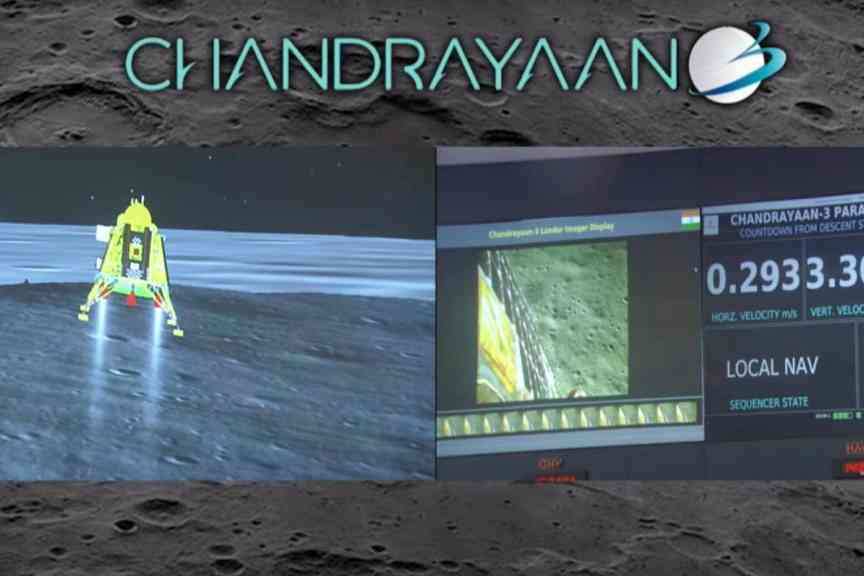India looks to launch 1st space-based Indian observatory to study the Sun



By Bryan Ke
August 30, 2023
The Indian Space Research Organization (ISRO) recently announced the upcoming launch of Aditya-L1, the “first space-based Indian observatory to study the Sun.”
When to expect: The ISRO announced on Monday that the Aditya-L1 spacecraft will launch from the island of Sriharikota in Andhra Pradesh province, India, on Saturday, just over a week after India’s unmanned Chandrayaan-3 spacecraft successfully landed on the moon.
Details to know: The Aditya-L1 will stay in a halo orbit around the Lagrange point 1 (L1) of the Sun-Earth system, which is around 1.5 million kilometers (approximately 932,057 miles) from Earth, according to the ISRO. This distance will give researchers an optimal viewing experience of the Sun without any eclipses or occultation.
The ISRO wrote in an X post that it will reportedly take four months for the Aditya-L1 to reach its destination.
What its contents are: The ISRO shared in its recent announcement that the Aditya-L1 will be carrying seven payloads “to observe the photosphere, chromosphere and the outermost layers of the Sun (the corona) using electromagnetic and particle and magnetic field detectors.”
Its aims: The Aditya-L1 mission’s major objectives include: “Study of Solar upper atmospheric (chromosphere and corona) dynamics,” “Study of chromospheric and coronal heating, physics of the partially ionized plasma, initiation of the coronal mass ejections, and flares,” “Observe the in-situ particle and plasma environment providing data for the study of particle dynamics from the Sun” and “Identify the sequence of processes that occur at multiple layers (chromosphere, base and extended corona) which eventually leads to solar eruptive events,” to name a few.
Why it matters: The studies that can be conducted because of the Aditya-L1 will offer early detection and intervention against solar outbursts and other eruptive phenomena that could affect our near-Earth space environment.
Share this Article
Share this Article





